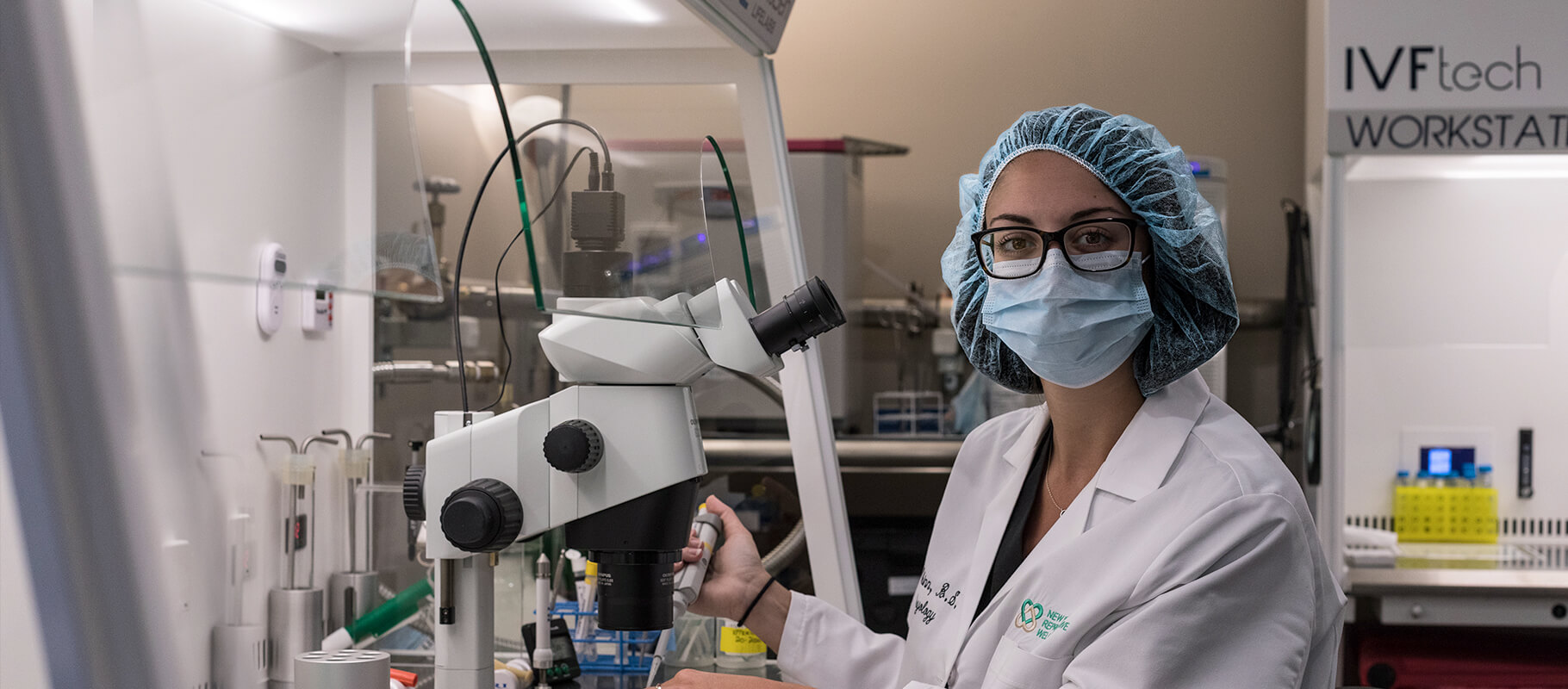Polycystic Ovarian Syndrome
PCOS is a condition that may be associated with irregular or absent menstrual cycles, evidence of hyperandrogenism (e.g. unwanted hair growth, or high testosterone or other androgens in the blood) and polycystic-appearing ovaries on ultrasound evaluation.
If you suspect you have PCOS, we will discuss the criteria needed to make the diagnosis, the conditions which mimic PCOS which must be ruled out, a test of conditions which are associated with PCOS (e.g. diabetes, abnormal cholesterol levels), and the treatments available (e.g. lifestyle modifications such as diet and exercise, ovulation induction for fertility treatment, or medicinal treatments specific to unwanted hair growth or menstrual cycle irregularity).
In general, PCOS is usually diagnosed with two main tests – the first one is a transvaginal ultrasound, and the second one is your AMH level, or the level of anti mullerian hormone in your blood. The first test is simple – it consists of the doctor inserting a thin ultrasound wand into your vagina to see the number of follicles you have inside your ovaries. If you have many, many follicles (such as 10-15 in each ovary), that could be an indication of PCOS, which is marked by a large number of follicles.
The second test that helps diagnose PCOS is also simple: it’s a blood test which checks for AMH produced by the cells of your follicles. If the AMH level is very high (usually above 5 or 6), it means you have many follicles, and maybe PCOS.
The reason PCOS is a fertility problem, and not a benefit (you might be thinking lots of follicles equate to lots of eggs), is because PCOS follicles are struggling to grow, mature and ovulate every month, making pregnancy very difficult. In women without PCOS, all the follicles grow each month until one grows biggest and fastest, and ovulates its egg. In women with PCOS, none of the follicles grow big enough to ovulate their eggs, and ovulation is either irregular or absent.
PCOS is a very common diagnosis, and can be treated with oral medication that can help women grow and ovulate that dominant egg, or In Vitro Fertilization (IVF), during which women will take ovary-stimulating medication to help them grow all the eggs inside their follicles and then fertilize them with sperm outside the body.








